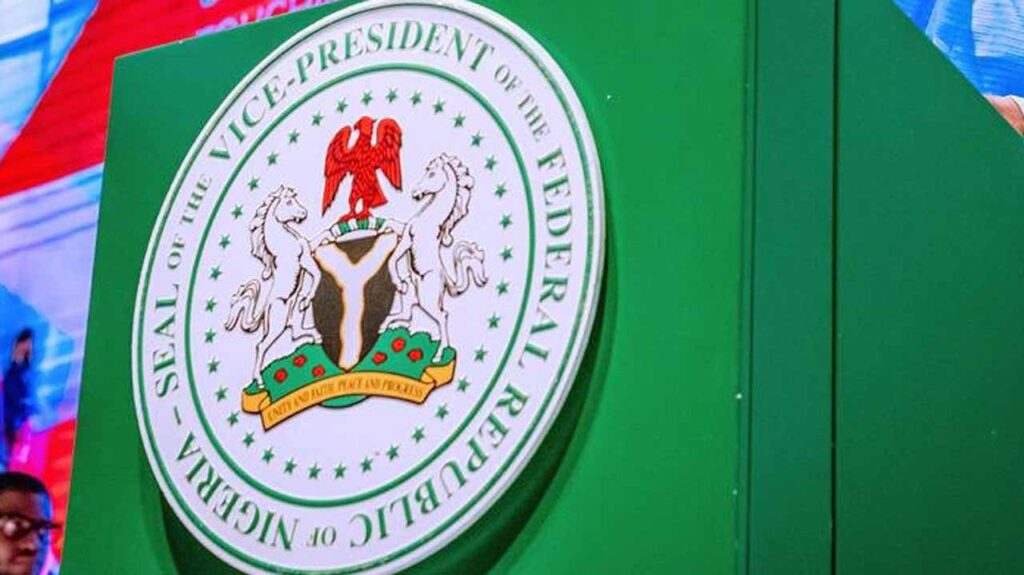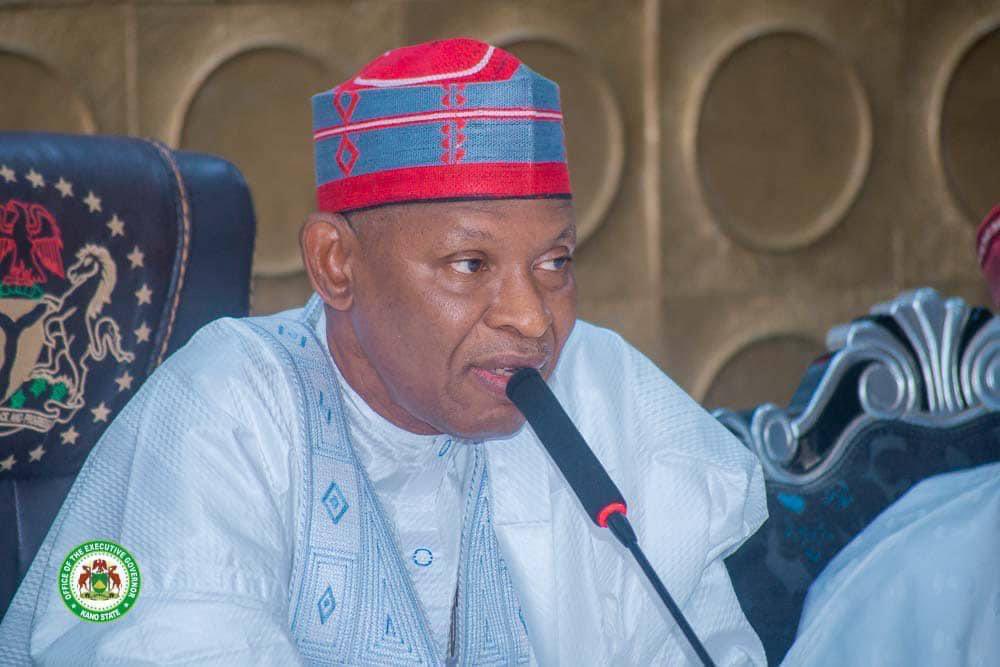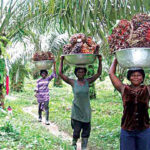
The reigning metaphor in Nigeria today is: “Hunger in the land.” The Yoruba rendition of the metaphor puts it a bit more frighteningly as Ebi n pawa o! That is, “Hunger is killing us o!” This evokes an imagery of famine denoted by acute food shortage, severe malnutrition, mass deaths, and despair all over. Some commentators have also labelled the prevailing situation as a “food crisis,” which in their opinion exposes the country’s fragile food security profile.
In reality, what the metaphor and its many variants seek to express is the steeply diminished purchasing power of Nigerians in the face of escalating prices of goods and services. Fuel prices are up; electricity tariffs are over the top; transportation costs are prohibitive; prices of medicines are scary, and every other item you want to buy has a price tag that will widen the hole in your pocket.
The latest data released by the National Bureau of Statistics (NBS) shows aggregate consumer price inflation at 33.69 per cent, the highest ever recorded in the country’s history. Food inflation makes up over 40 per cent of the total national inflation figures. The worrisome part is that the inflation figures will most likely push up rather than decelerate in the coming months.
It is a chicken-and-egg scenario whether food inflation is the culprit in driving up aggregate inflation, or whether food inflation is itself susceptible to several other factors in the inflation mix, such as volatile exchange rate, high fuel costs and very high transportation outlays for goods, including agricultural produce. The latter appears to be the case that food inflation is a combination of a number of inflation drivers.
While the citizens’ cry is that there is hunger in the land, or that hunger is killing citizens, the truth is that there is food in the market. Nigeria is not in a famine situation. Rather, what we are faced with is an affordability crisis, because the prices of food items in the market are priced high. Yet, the high price tags which food items command today are not an exception, because practically everything else has a new price tag, and the more we spend on those other items, the less money we have in our pockets to buy food, which is one of the basic necessities of life.
If, indeed, Nigerians are experiencing an affordability crisis with respect to food, it does not necessarily mean that the country’s food security has collapsed. The other critical elements in food security—availability, accessibility, sustainability, and nutrition—are not in the same crisis situation. These other elements may present varying challenges in different parts of the country at different times, but certainly not at a crisis level, such as we are experiencing with respect to affordability.
Admittedly, a hungry man—or woman—who is confronted every day with the high prices of food items in the market will have little patience listening to the fine argument about affordability crisis as isolated from other relatively stable elements in the country’s food security. However, the reason why the fine distinction is important is that it helps to clarify matters and enables us to focus more clearly on the way out of the affordability crisis conundrum, by knowing whom to hold accountable, what issues to urgently address, and therefore generate the responses to tame the food inflation monster, because everybody desires that we come out of the food inflation issue quickly. That way, the social costs can be minimised, because already crimes are on the increase and citizens’ disaffection is palpable.
Perhaps the biggest mistake anyone can make is to assume that the affordability crisis in the country’s food situation is the fault of the Federal Ministry of Agriculture and Food Security. Volatility in the macro-economic environment represented by very high interest rates, unstable exchange rate, and high costs of production, are to blame for the affordability crisis. In addition, an assortment of taxes, rates and levies throughout the country, the profiteering attitude of commodities traders, deplorable condition of roads and highways, and the dismal role of railways in haulage of goods and produce, also play a significant part in the high cost of food.
Therefore, unless there is a laser-focus on the complementary roles of various Ministries, Departments, and Agencies of government, together with a clear understanding of what all tiers of government should be doing with matters within their remit and which at present contribute to the high food inflation figures, the Tinubu Administration will still find food inflation as its Achilles’ heel. And that won’t be complimentary, in view of the fact that food security (with all the full elements of availability, accessibility, affordability, nutrition, and sustainability) is the number one priority item on the Tinubu Eight-Point Agenda.
There is a general consensus that the two major policies that have triggered the spiralling inflation in the country are the removal of fuel subsidy, and the floatation of the Naira in exchange for major convertible currencies. With fuel subsidy removal, we were told that the governments at Federal, state and local levels, would have more resources available to them, to help drive development in various sectors.
Since then, the three tiers of government have received more allocation from the swollen Federation Account. However, during the May 29, 2024 anniversary celebration, marking the first (or, fifth year) in office of most state governors, we were inundated with photos and videos of schools, roads and bridges completed and commissioned. I do not know how many of them showed hectares of farmlands cultivated, or their herd of livestock, or commercial poultry farms producing eggs and meats.
How many states showcased their “giant strides” in aquaculture? Yet, there are dams and large bodies of water that can conveniently support aquaculture. But, go to the market and you are shocked by the price of fish. There is a fundamental disconnect with our priority setting.
Beyond political opportunism, unless we get it right that what the country is currently facing with food inflation is an “affordability crisis” in the food security matrix, and therefore a crisis that requires more positive and sustained responses in macro-economic and price stability management by the fiscal and monetary policy authorities, in addition to requisite actions by states and local governments, we are likely to bemoan hunger in the land for a longer spell.
Bamishile, a writer on current issues, lives in Lagos.













